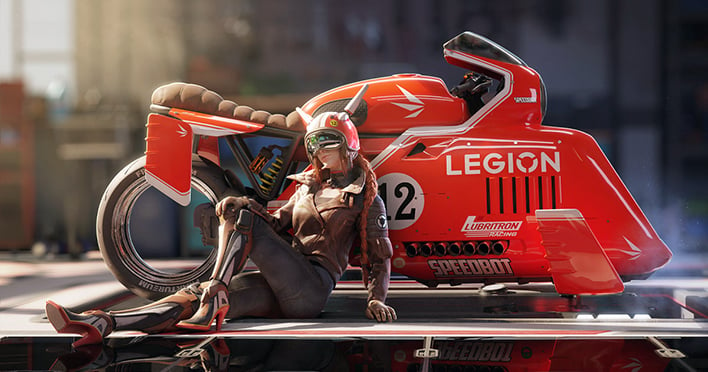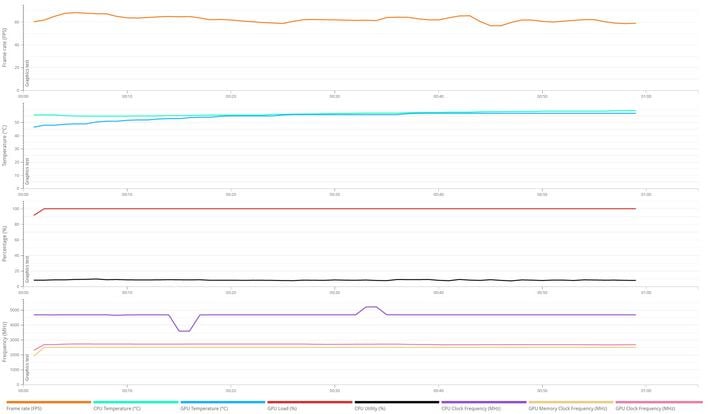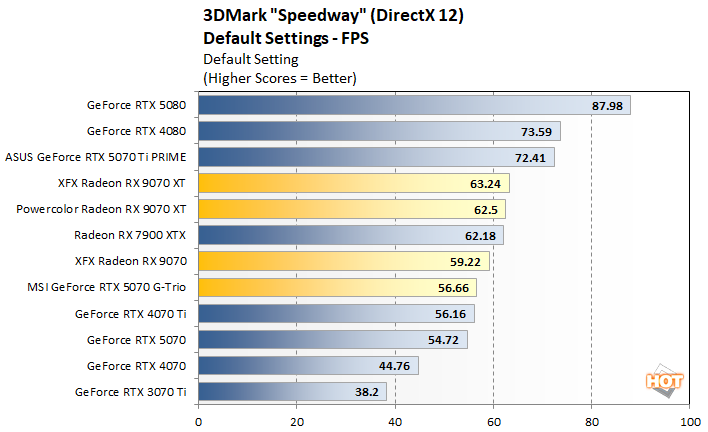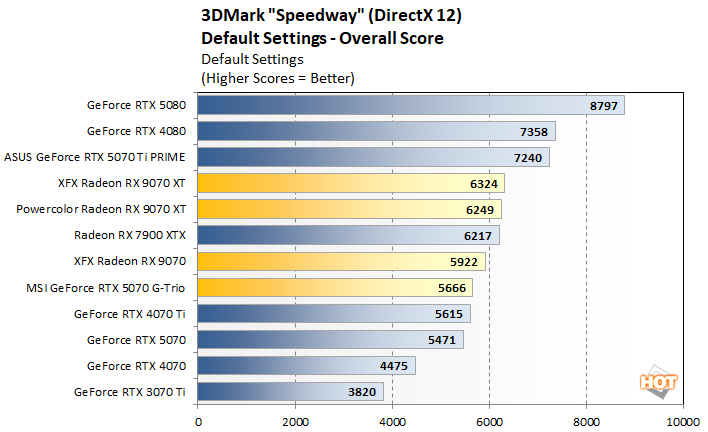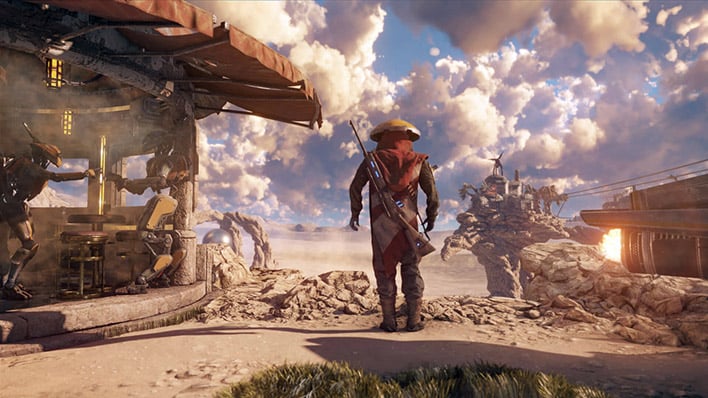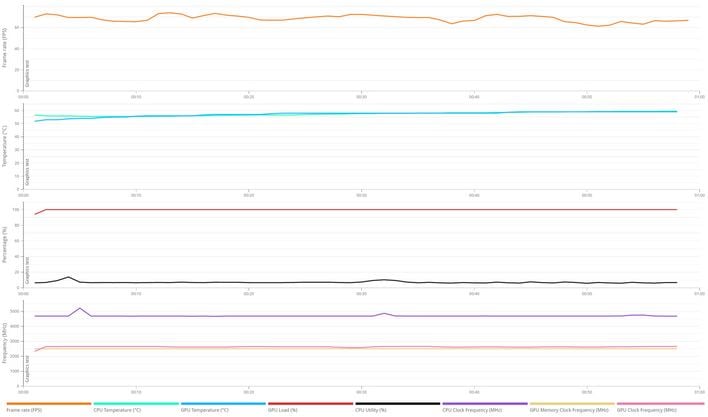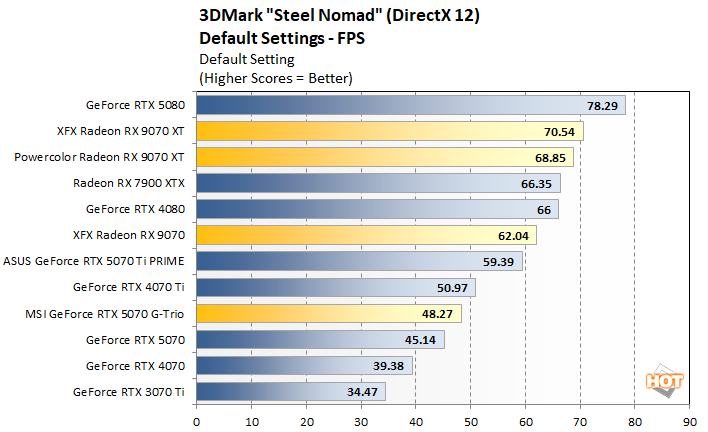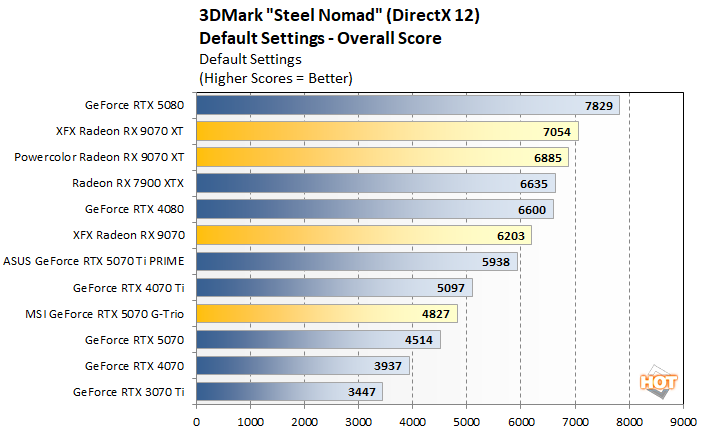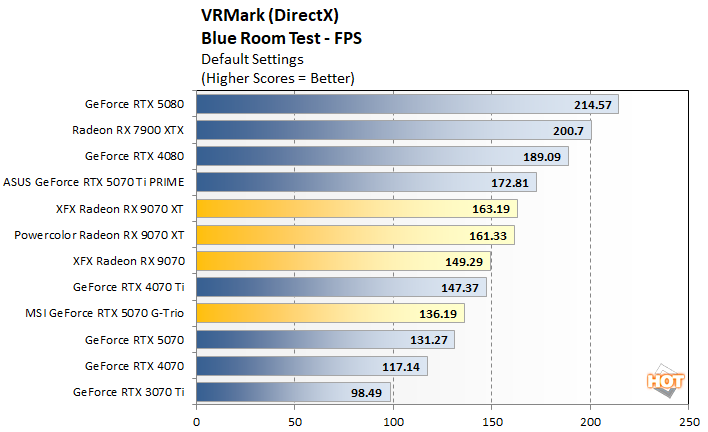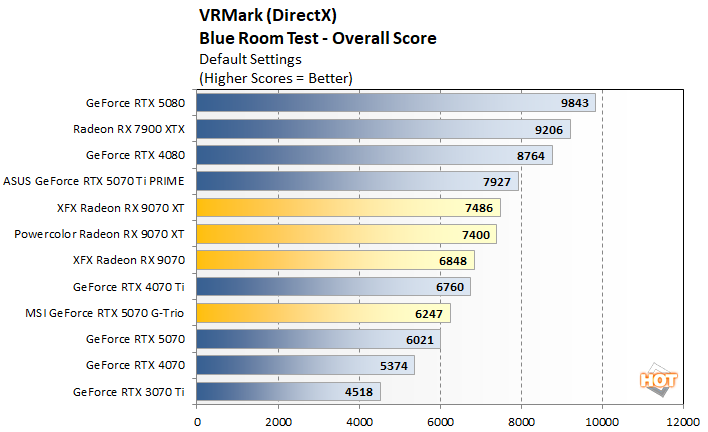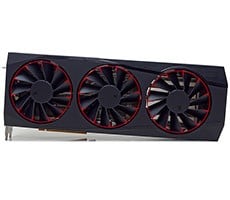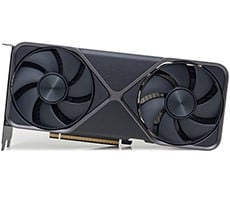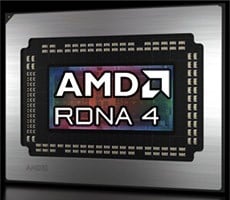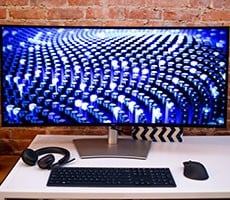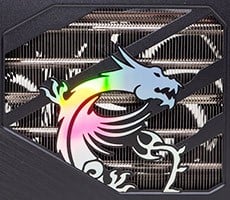AMD Radeon RX 9070 XT And 9070 Review: Competition Heats-Up For Gamers
UL 3DMark Speed Way DX12 Ultimate Benchmarks
In 3DMark's most demanding DX12 test, which features ray tracing, the Radeon RX 9070 and 9070 XT perform well. All of the new Radeons outperform the GeForce RTX 5070 and land behind the more expensive GeForce RTX 5070 Ti, though at this point in time, who knows where street pricing settles for any of these new cards.Hardware monitor during this benchmark run shows nice stable clocks and consistent temps for the XFX Radeon RX 9070 XT as well.
UL 3DMark Steel Nomad DX12 Benchmarks
3DMark Steel Nomad is one of the newer cross-platform GPU benchmarks developed by UL Solutions as part of the 3DMark suite. This test is designed to evaluate the performance of modern gaming hardware in non-ray-traced scenarios, but using otherwise advanced rendering techniques with DX12.3DMark's Steel Nomad is one of the benchmark's newer DX12 tests, but this one removes ray tracing from the equation. In this traditional rasterization benchmark, the Radeon RX 9070 and 9070 XT look particularly strong and the cards are able to overtake the GeForce RTX 5070 Ti and sandwich the GeForce RTX 4080.
VR Benchmarks: VR Mark & Unigine Superposition
Superposition is an aging benchmark from Unigine, powered by the UNIGINE 2 Engine. It offers an array of benchmark modes, targeting gaming workloads as well as VR, with both DirectX and OpenGL code paths. There is an extreme hardware stability test built-in too. Unigine Superposition uses the developer’s unique SSRTGI (Screen-Space Ray-Traced Global Illumination) dynamic lighting technology, along with high quality textures and models, to produce some excellent visuals. We ran Superposition's VR Future benchmark to compare the performance of all of the graphics cards featured here.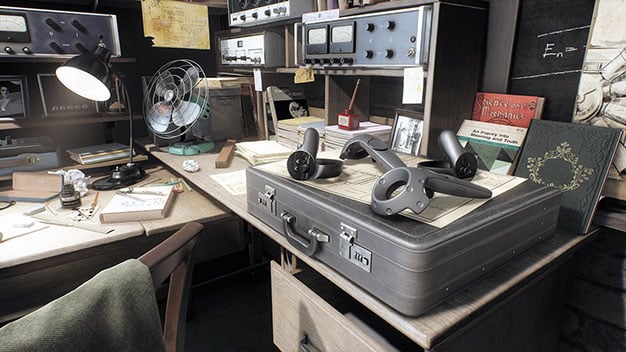
Unigine Superposition VR Future Test
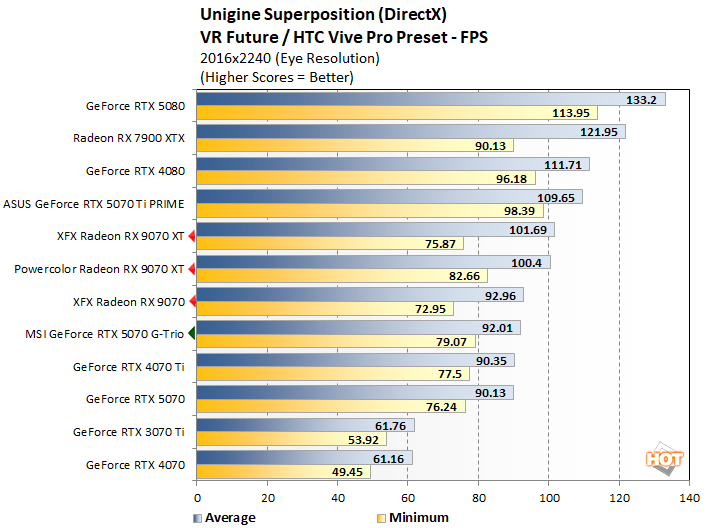
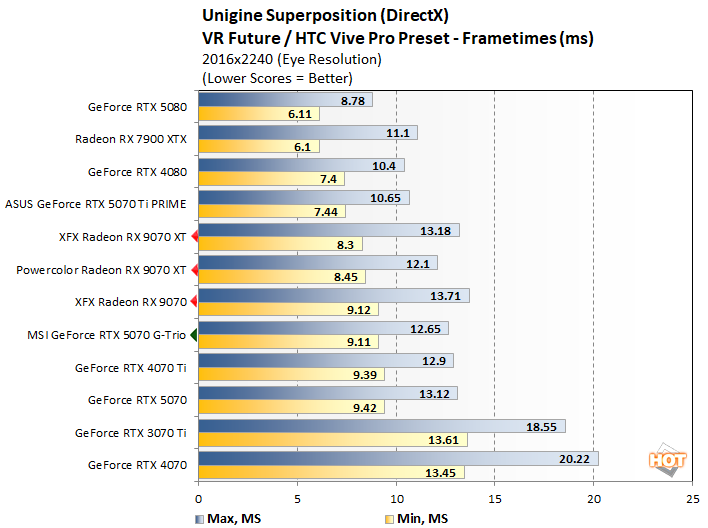
UL VR Mark Blue Room Benchmarks
UL's VRMark was designed to test a PC’s readiness for HMDs like the HTC Vive and Oculus Rift. The benchmark does not, however, require that one of the headsets is attached to the PC to run and it uses an in-house graphics engine and content to ensure comparable results between different platforms. We ran the "Blue Room" VRMark test at defaults settings here, which is the most taxing test offered by the tool.UL VRMark tells a similar story to Unigine Superposition. Once again, we see the Radeon RX 9070 and 9070 XT cards outperform the GeFoce RTX 5070, but land just behind the GeForce RTX 5070 Ti.

